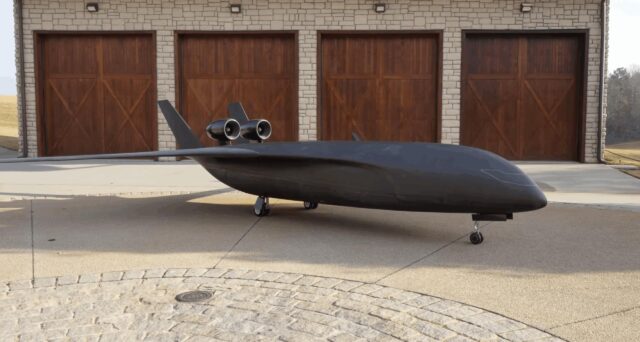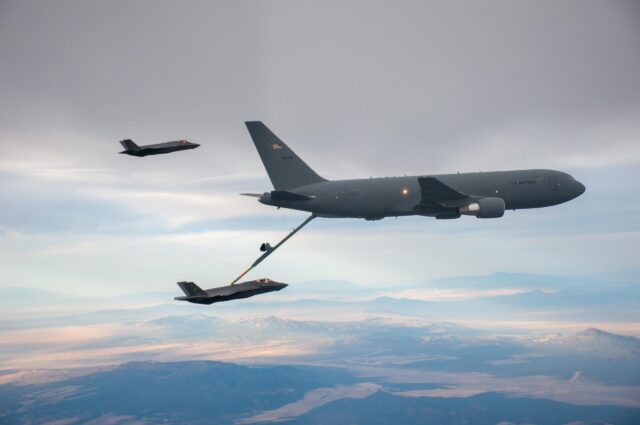Was Russia’s ‘Grey Zone’ sabotage campaign aimed at North America?
November 6, 2024

While Russia is at war in Ukraine, it is also being blamed for a campaign of ‘sub-threshold’, ‘hybrid warfare’ in Europe. This has included cut cables at military air bases (including Evenes Air Station, in northern Norway), cellphone and GPS denial and spoofing, unexplained drone activity, cyber attacks and arson and sabotage attacks against infrastructure targets. In June 2024, NATO Secretary General Jens Stoltenberg described “a surge of sabotage, cyber-attacks, instrumentalized migration, and other hostile actions by Russia.” Ken McCallum, head of Britain’s domestic intelligence agency, MI5, said that Russian agents had carried out “arson, sabotage and more…” these were, he said: “Dangerous actions conducted with increasing recklessness.”
In April, two German-Russian nationals were arrested on suspicion of planning and preparing sabotage, bomb and arson attacks against US military facilities in Germany – including the US Army base at Grafenwoehr base in Bavaria, where Ukrainian soldiers have been trained on the M1 Abrams tank.
On three days in July, fires broke out in a container due to be loaded on to a DHL cargo plane in the German city of Leipzig, at a DHL depot at Minworth near Birmingham Airport, and at a transport company at Jablonow near Warsaw.
A Polish prosecutor, Katarzyna Calow-Jaszewska, has said that a group of foreign intelligence agents had been involved in sending parcels containing hidden explosives and dangerous materials via courier companies, aiming to test the transfer channels for such parcels, which would ultimately be sent to destinations in the United States of America and Canada. Western intelligence agencies said that this was part of an orchestrated campaign by the GRU, Russia’s military intelligence agency.
The packages are understood to have contained what appeared to be electric massage machines, though these contained a ‘magnesium-based’ substance which would spontaneously burst into flames causing a fire that was especially difficult to put out, and that would be likely to cause the loss of an aircraft, if it occurred in the air.
Four people have been arrested and investigations are underway across Europe (including a UK counter-terrorism investigation), and a pre-trial investigation is underway in Lithuania, where some of the devices originated from.
Two of the incendiary devices, shipped via DHL, are now believed to have been part of a covert Russian operation that ultimately aimed to start fires aboard cargo or passenger aircraft bound for the USA and Canada.
















